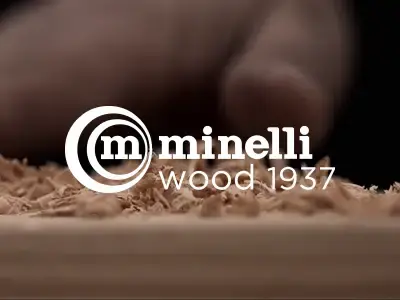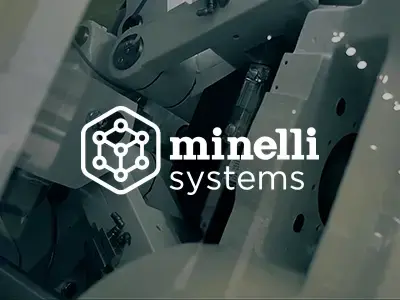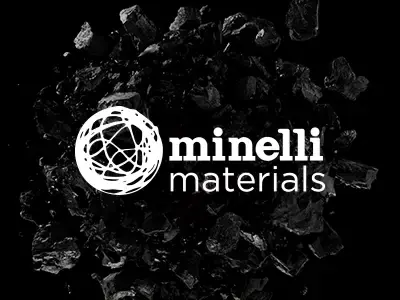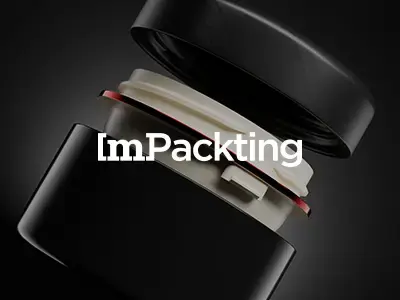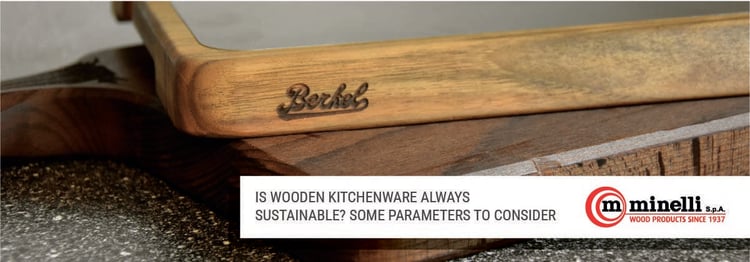 If you are thinking of offering wooden kitchenware in your catalogue, it is a good idea. People today prefer buying sustainable items, and wood is considered one of the best materials.
If you are thinking of offering wooden kitchenware in your catalogue, it is a good idea. People today prefer buying sustainable items, and wood is considered one of the best materials.
You must pay great attention to the choice of your supplier, however, to ensure the products you are going to sell are 100% eco-friendly.
Discover some tips to avoid being misled in the following article.
Wooden kitchenware & sustainability: some definitions
UCLA ( University of California) defines sustainability as the balance between the environment, equity, and economy, explaining the concept in the video below:
The EPA (Environmental Protection Agency) claims that:
Sustainability is based on a simple principle: everything that we need for our survival and well-being depends, either directly or indirectly, on our natural environment. To pursue sustainability is to create and maintain the conditions under which humans and nature can exist in productive harmony to support present and future generations.
We found another interesting definition in this document by the University of Alberta:
Sustainability means meeting our own needs without compromising the ability of future generations to meet their own needs. In addition to natural resources, we also need social and economic resources. Sustainability is not just environmentalism. Embedded in most definitions of sustainability we also find concerns for social equity and economic development.
From these definitions, we can understand that sustainability is a complex concept that includes different aspects, such as:
- safeguarding the environment
- protecting future generations
- societal and economic development
Sustainability is a holistic approach that considers ecological, social, and economic dimensions as a whole.
Thus, offering sustainable cutting boards or knife handles doesn’t mean just choosing an ecological and recyclable raw material.
Have a look at the video below:
Wood is an organic and natural material, but its entire production process must meet precise requirements if you want to offer sustainable wooden kitchenware in your catalogue.
How do you know if the products you buy are 100% eco-friendly?
The choice of supplier is very important. The wood maker you rely on should have an eco-friendly approach in each phase of the production process. In particular, it should:
Comply with standards imposed by the market
When considering wood, the most important is FSC (Forest Stewardship Council) certification, which guarantees that the raw material comes from responsibly managed forests and provides environmental, social, and economic benefits to local communities.
Choosing only FSC-certified raw material contributes to reducing climate change, guaranteeing that all harvested trees are replaced or can regenerate naturally, minimizing waste and environmental impact. It also ensures better conditions for people living in forests whose life depends on lumber production.
Then, FSC-certified wood is carefully traced: its origin and all steps it takes from the forest to the final consumer are perfectly known.
Other important regulations:
- EUTR 995, which concerns the EU market with the aim to avoid circulation of illegally harvested timber
- The Lacey Act, which is very similar to EUTR 995 but is valid for trade in the United States
- REACH (EC 1907/2006), which is a European Union regulation that aims to protect human health and the environment from potential risks caused by chemical substances
Work to reduce the company’s carbon footprint, making logistics more sustainable
Shortening the process that raw materials go through to reach production lets you reduce pollution and vehicle emissions.
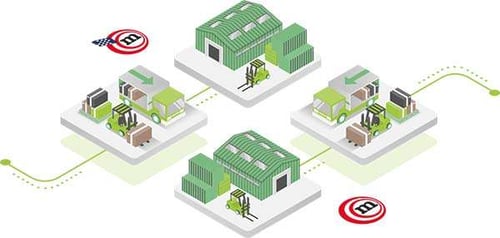 A manufacturer that has production plants where raw material is collected will have a lower carbon footprint.
A manufacturer that has production plants where raw material is collected will have a lower carbon footprint.
Adopt a circular economy model
A good manufacturer pays great attention to how it manages and reuses resources, trying not to waste discarded materials. In a circular economy, scraps should be used to create small items, saving precious resources. For example, you could produce cosmetics caps from sawdust derived from producing custom cutting boards.
Use energy-efficient implants and technologies
A wood maker that really cares about the environment constantly monitors its energy consumption, periodically conducting specific audits to understand the whole picture of the company’s energy usage and increase its efficiency.
Promote the use of fast-growing timber
Using fast-growing timber is a responsible choice, as trees will take less time to grow again after being harvested. Beech, hornbeam, maple, ash, and birch are some examples.
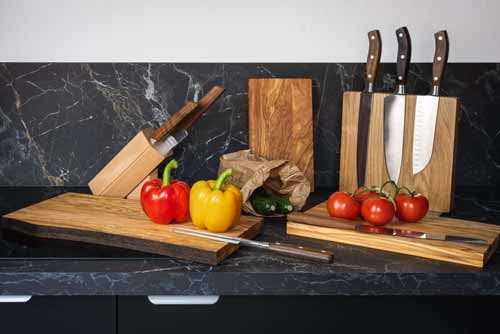 Wooden knife handles and cutting boards are really appreciated for their elegance, prestige, and functionality and also because they cause less damage to the environment than plastic objects.
Wooden knife handles and cutting boards are really appreciated for their elegance, prestige, and functionality and also because they cause less damage to the environment than plastic objects.
However, finding a supplier that adopts a sustainable approach in each phase of the production process is hard today.
The Minelli Group has always focused on sustainability: in 1999, we were among the first to be certified by the FSC when it was not yet a standard.
We recently underwent an EcoVadis Audit and received a highly positive rating in terms of environmental, labor & human rights, ethics, and sustainable procurement impact.
Our approach integrates an environmentally friendly vision with the design of unique and distinctive objects customized according to clients’ needs. Thanks to our deep experience in wood manufacturing combined with the use of the latest technologies and cutting-edge machines, we can ensure the highest quality standards.
If you are looking for sustainable and top-quality wooden kitchenware, do not hesitate to contact us!
